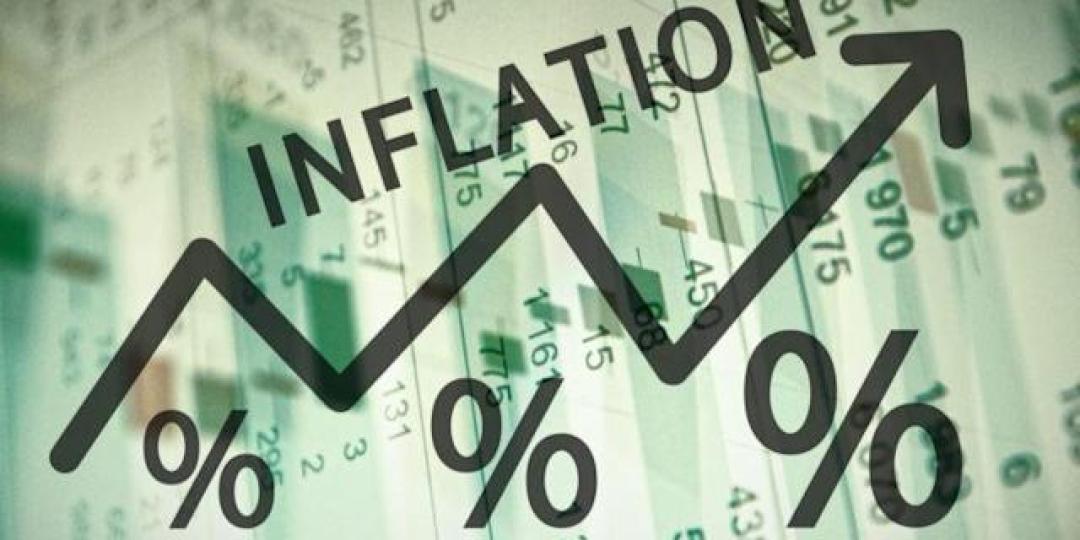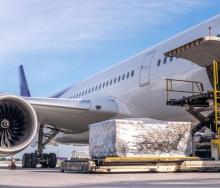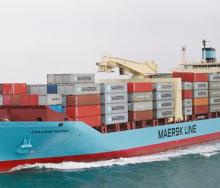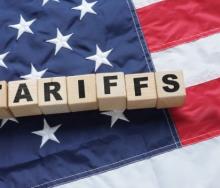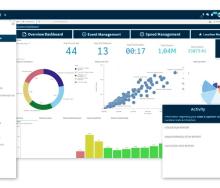Inflation in South Africa rose to 7.1% in March, Statistics South Africa (Stats SA) data showed on Wednesday.
According to the latest data, headline consumer inflation edged higher from 7% in February and 6.9% in January.
The monthly change in the consumer price index (CPI) was 1% in March, the most significant monthly rise since July 2022 when it was 1.5%.
“Food and non-alcoholic beverages and transport were the main drivers behind the annual and monthly increases,” Stats SA said.
It said inflation for food and non-alcoholic beverages had continued to accelerate, with prices increasing by 14% in the 12 months to March.
“This represents the largest annual increase since the 14.7% rise in March 2009, 14 years ago.”
In March, milk, eggs, cheese, sugar, sweets and desserts, fruit and vegetables, and “other food products” experienced upward inflationary pressure. The milk, eggs and cheese product group saw its annual rate reaching 13.6% from the recent low of 3.7% in April 2022.
“The reading in March is the highest annual increase since February 2009’s print of 13.9%,” Stats SA said.
Meanwhile, bread, cereals, meat, oils, fats and fish bucked the trend, recording slower growth. In addition, the annual increase for bread and cereals was 20.3% in March, down from 20.5% in February.
On the other hand, meat inflation edged lower to 10.6% from 11.4% in February.
The prices of oils and fats decreased for the seventh successive month, dragging the annual rate to 16% from 16.7%.
The transport index, according to Stats SA, rose by 8.9% in the 12 months to March, down from the 9.9% annual rate recorded in February.
The downward shift was led by eight consecutive months of slowing fuel inflation, which reached 8.1% in March from 10.9% in February.
“This is much lower than the 56.2% peak in July 2022,” Stats SA said.
However, fuel prices rose by 4.5% between February and March due to the price of inland 95-octane petrol rising by R1.27 per litre. – SAnews.gov.za
